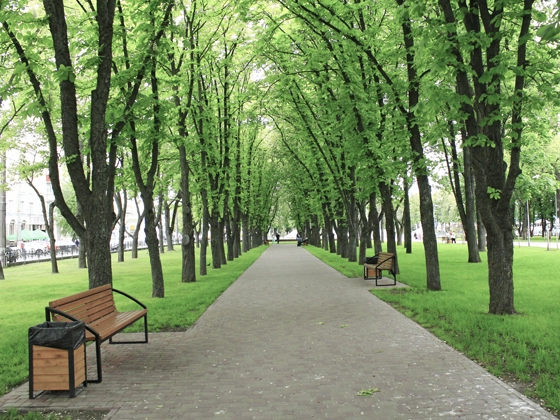
Municipal and agency tree work with safety, records, and traffic control.
Public projects demand predictable execution and clean documentation. We support cities, counties, school districts, and facilities with right-of-way clearance, hazard abatement, park and streetscape pruning, vegetation management, and storm response. Crews establish safe work zones, protect utilities, and coordinate with public works or facilities teams. COIs are available on request. We align with local requirements, respect noise windows, and maintain access for pedestrians, cyclists, and vehicles with proper signage and flagging.
Our process starts with a site walk to define the scope, tree protection areas, and staging. We plan equipment and rigging for tight corridors, set debris pathways, and choose chip/haul strategies that keep routes open. We coordinate utility notifications and provide photo documentation for project files where applicable. At closeout, areas are swept and raked, culverts and sidewalks are cleared, and a brief report confirms scope completion for your records.
Municipal tree projects touch safety, compliance, access, and budgets—and every misstep is visible. Planning and controls reduce exposure, keep corridors open, and protect agencies, residents, and crews from avoidable risk.

Unmitigated hazards, improper drop zones, or weak rigging put pedestrians, cyclists, vehicles, and crews at risk. Establishing controlled work areas, enforcing PPE, and following arboricultural best practices reduces incidents and protects the agency from costly claims and reputational damage.

Poor traffic plan maintenance snarls intersections, impedes emergency response, and creates ADA conflicts at sidewalks and bus stops. Proper signage, flagging, detours, and timed lane/sidewalk closures maintain mobility while work proceeds, minimizing complaints and secondary costs from unplanned delays.

Missing COIs, JHAs, permits, and photo logs complicate audits and insurance. Aligning work with municipal standards and ANSI A300, then capturing before/after records and daily notes, creates traceable files that simplify reviews, invoices, and future maintenance planning.

Skipping utility locates or misreading right-of-way boundaries risks strikes and property damage. Seasonal restrictions (nesting, wildlife), stormwater controls, and debris handling rules also apply. Identifying constraints early keeps projects lawful, predictable, and easier to defend under public scrutiny.
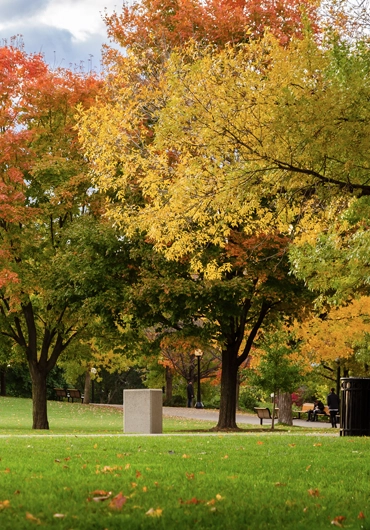
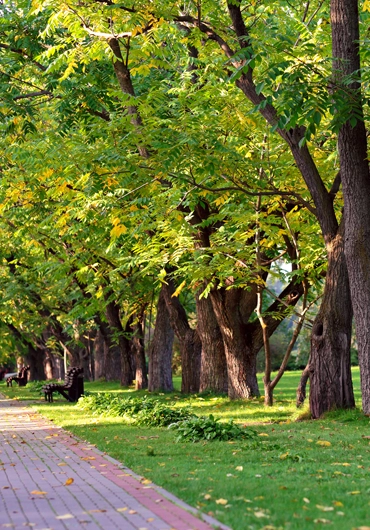
At CBC Tree Services Inc., public work follows a checklisted playbook that keeps streets moving and files audit-ready.

We map scope, protected trees, utilities, ADA routes, bus stops, and school zones. A toolbox talk covers JHAs, radio channels, and emergency plans. MOT diagrams, staging, chip/haul paths, and debris sites are approved before equipment rolls.

Cones, barricades, and MUTCD-compliant signage establish safe work zones. Flaggers manage lane shifts and detours; temporary ramps preserve ADA access. We time closures to windows set by the agency and coordinate with transit so riders, cyclists, and pedestrians keep moving.

Crews work to ANSI A300 and Z133 with controlled rigging; cranes or lifts are used where corridors are tight. We observe minimum approach distances, confirm utility clearances, and align removals or pruning with seasonal and environmental restrictions to protect wildlife and waterways.

Before/after photos, daily reports, COIs, and disposal manifests feed your project files. We sweep lanes and sidewalks, reopen culverts, and verify signage removal. Punch lists are closed promptly, and a brief recap supports invoices, audits, and planning for the next maintenance cycle.
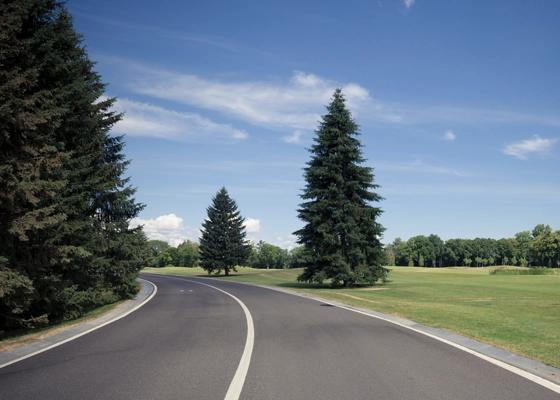
A practical snapshot of municipal tree work.
The day starts with a short briefing on scope, hazards, ADA routes, bus stops, and school zones. Crews confirm roles and radio channels and then set a clean work perimeter with MUTCD signage. Flaggers establish predictable traffic flow, and temporary ramps preserve wheelchair access at sidewalks and curb cuts. Lifts or cranes are positioned to keep lanes open where possible, and sightlines are checked for drivers and cyclists before any cut is made.
Work proceeds to standard: ANSI A300 for pruning and removals, Z133 for safety. Utilities are treated as energized until cleared; minimum approach distances are observed. Timing and methods adjust if the calendar overlaps nesting seasons or local environmental windows. Material handling is planned—chips to designated sites, logs staged or hauled—so corridors stay clear and inspections are straightforward.
Public communication matters. Residents get concise updates, detours are explained, and access is restored quickly for deliveries or emergency vehicles. Before leaving, crews sweep lanes and sidewalks, verify culverts are open, and remove all signage. A brief packet—before/after photos, daily notes, disposal manifests, COIs—goes to the project file so audits and invoices move without friction.
Quick snapshot: safe zones established, mobility preserved, standards followed, records complete. That’s municipal tree work done right.
Audit-ready files, safe crews, open corridors.
From right-of-way clearance and hazard abatement to park pruning, vegetation management, and storm response, our public-sector work is planned for safety and continuity of access. We build MOT plans with MUTCD signage and flagging, preserve ADA routes with temporary ramps, and coordinate utilities and environmental windows to keep projects compliant and predictable.
Pre-job briefings align stakeholders on scope, staging, and chip/haul paths. Crews work to ANSI A300 and Z133 standards, and closeouts include swept lanes and sidewalks, reopened culverts, and removed signage. You receive COIs, before/after photos, daily notes, and disposal manifests—organized for invoices, audits, and future maintenance planning.
To discuss scope or scheduling windows, call 510-957-8733 or email office@cbctrees.com. We deliver compliant execution, thorough documentation, and minimal disruption for cities, counties, schools, and facilities.
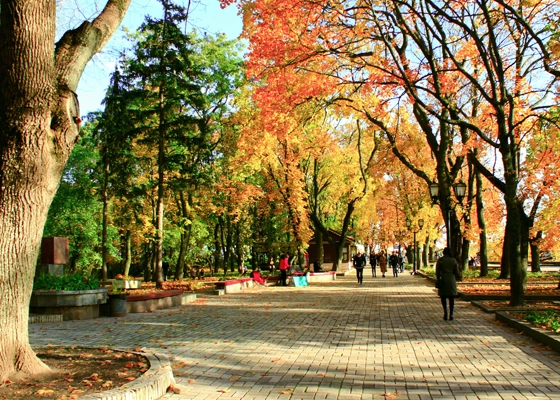
Our commitment is to keep projects safe, predictable, and high-quality from the first site visit to the final cleanup.

Clear scopes, straightforward options, and pricing you can validate. We explain access limits and disposal plans up front, then follow the agreed plan without surprise add-ons or vague line items.

Every job starts with a hazard review and role assignments. Crews use PPE, controlled drop zones, and industry-approved techniques to protect people, utilities, roofs, and neighboring properties throughout the work.

Compact lifts, cranes when required, and calibrated rigging allow precise control in tight spaces. We plan rope paths and anchor points to move wood safely without shock loading or collateral damage.

Ground mats, plywood shields, and careful staging protect lawns, beds, and hardscape. Debris is chipped or hauled, surfaces are blown clean, and we leave the area ready to use immediately.

Realistic timelines, confirmed arrival windows, and updates if conditions change. You will know who is coming, what they will do, and when the site will be finished and cleared.

Familiarity with protected-tree rules across East Bay cities helps projects proceed smoothly. We point you to the right forms, coordinate details, and align work plans with municipal requirements.

Brush is chipped for reuse when appropriate, logs are directed to responsible processing, and sites can keep mulch on request. We minimize waste and keep disposal pathways compliant.

Certificates of insurance available on request, plus photo documentation when helpful. Walkthroughs at completion ensure the scope was met, concerns are addressed, and expectations match the delivered result.
Call Us Today for More Information
========== o r ===========